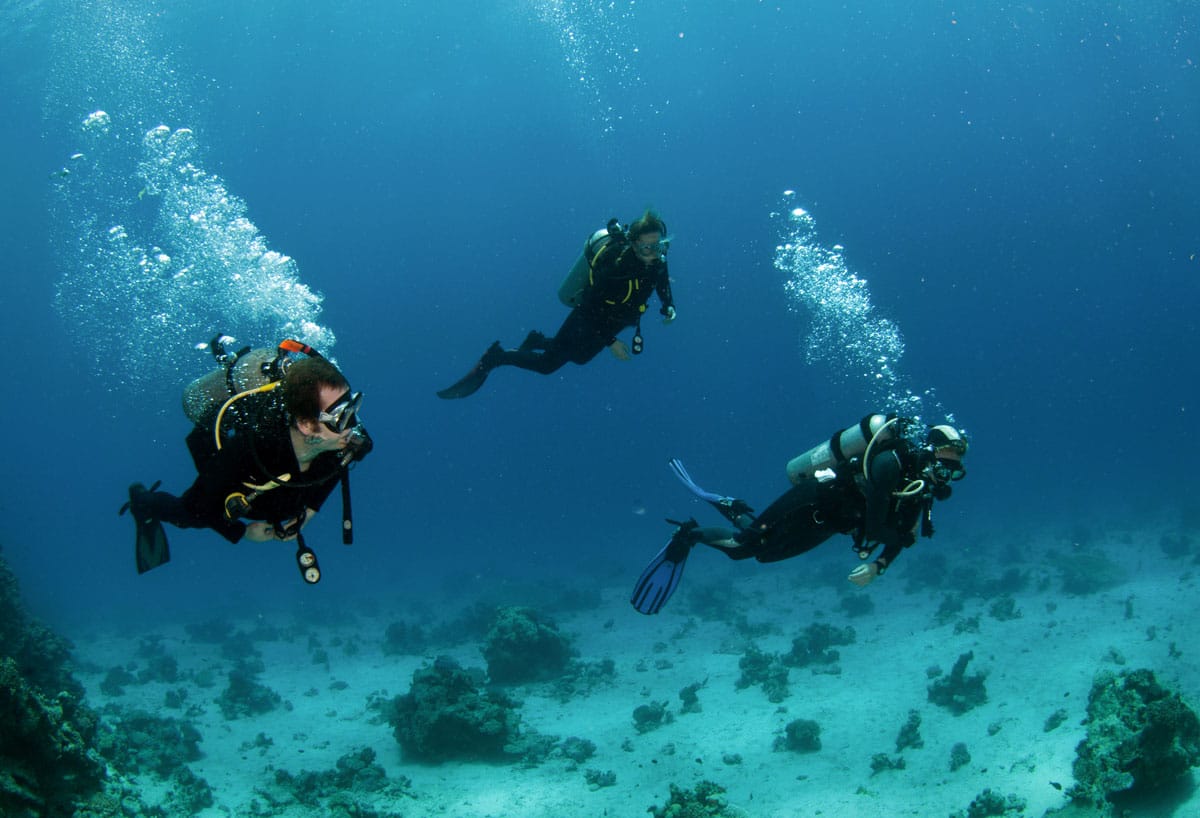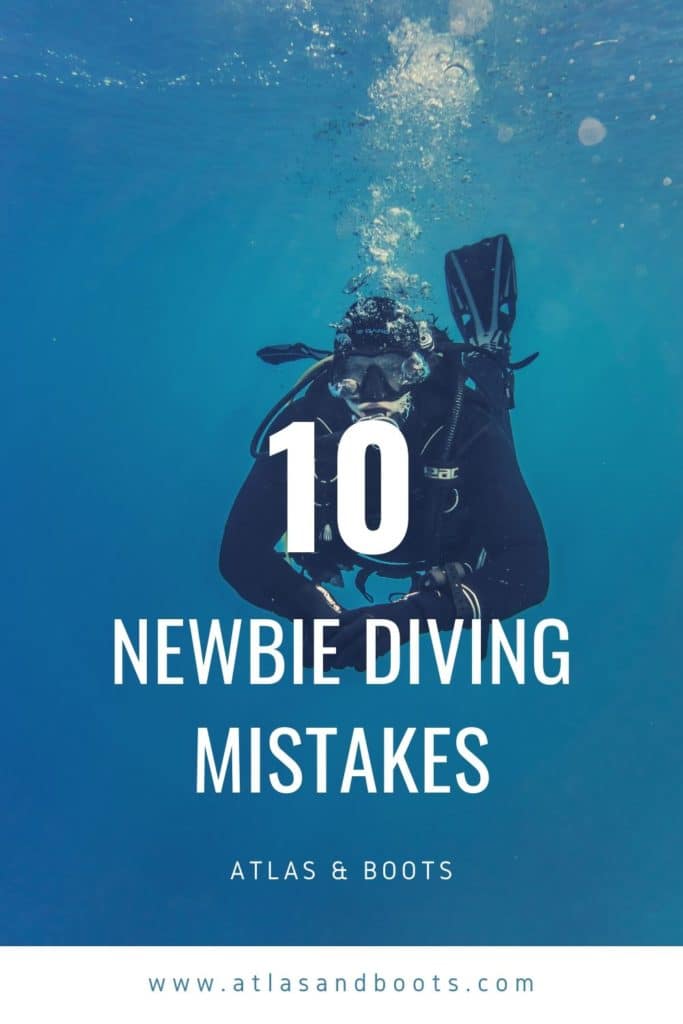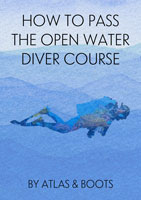Being a good diver involves so much more than the basics. We asked expert divers to name their top newbie diving mistakes. Here’s what they said
At Atlas & Boots, we’ve dived in some incredible places, from Vanuatu and Samoa to Tonga and the Galápagos. Alas, it has been a whole year since our last dive and I fear making newbie diving mistakes the next time we head out.
I was a nervous first-time diver and I’m conscious of losing what confidence I built up after completing my PADI Open Water Diver course in Colombia. Sadly, there aren’t many opportunities to dive in London (especially in March) so I’m keen to brush up on my skills as soon as we head to Africa in August.
I remember the basics of course (never hold your breath, always do the pre-dive safety check, equalise early, check your gauges), but being a good diver involves so much more than the basics. We asked expert divers and instructors for their top newbie diving mistakes. Here’s what they said.
1. Repeatedly inflating and deflating BCD
One of the things you’ll learn from the theory is how to check for neutral buoyancy: on the surface, you should be eye level with the water with no air in your BCD.
It is important to check for neutral buoyancy at the beginning of your dive so that you avoid repeatedly inflating and deflating your BCD underwater to stay at the correct depth. With practice, you will be able to ascend and descend a few feet using only the air in your lungs.
It’s important to note that just because you used 4kg on your last dive, it doesn’t mean it will be the same for the next. Weight gain or loss, wetsuit thickness and water salinity all play a part so make sure you adjust accordingly.
2. Not asking questions
Experienced divers, as fun as they are, can be overzealous about getting in the water and getting on with things. Don’t let this put you off asking questions or raising an issue if you have one.
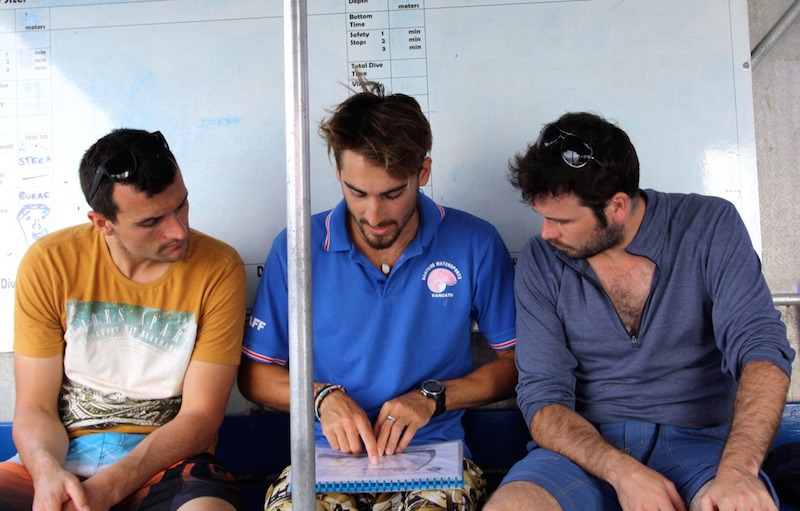
There is absolutely no shame in asking for clarification or requesting a change of equipment if there’s something wrong.
Diving is potentially life threatening, so make sure you’re clear on what’s happening and don’t be embarrassed about asking questions even if they’re basic!
3. Doing too much underwater
Before you load yourself up with a GoPro, try completing a few dives first. New divers already have so much to think about – buoyancy, air, the environment, other divers – that adding another task can be detrimental and even dangerous.
Opt for a dive package that includes video so you can focus on honing your habits
If you’re diving in a once-in-a-lifetime spot and are desperate for pictures, opt for a dive centre that offers photographs as part of the dive package. Spend your time honing your habits, not fiddling with camera settings. Observe experienced divers, learn from them and enjoy the dive itself!
4. Lacking awareness
One of the most common newbie diving mistakes is being unaware of the wider environment. Newbie divers get caught up in the marine life or focus too heavily on their equipment. This is natural but it can be dangerous.
A lack of situational awareness can get you caught in a current or pull you away from the rest of the group. It may have you stirring up silt on the bottom or kicking a diver in the face. It could even drag you to depths beyond what is safe. Wall dives in particular are problematic because divers stare at the wall and fail to notice that they’re descending below limits. Always pay attention to your surroundings.
5. Relying too heavily on the guide
A good dive centre will assemble and check all your equipment and give you clear direction on your dives. Unfortunately, this professionalism often cultivates complacency in customers. Divers assume that it’s solely the guide’s responsibility to ensure the group’s safety; to check for currents, protect marine life, monitor bottom times and check depth limits. This is indeed the guide’s remit but every diver is responsible for a safe dive.
Be aware of your surroundings, pay attention during dive briefings and be a proactive participant. This will ensure a safe dive and make you a better diver.
6. Rushing to keep up with experienced divers
Experienced divers can be intimidating. Their wetsuits slide on as if made of silk, their masks remain fog-free and their fins seem like an extension of feet. They whiz through their equipment check and zealously prepare to enter the water.
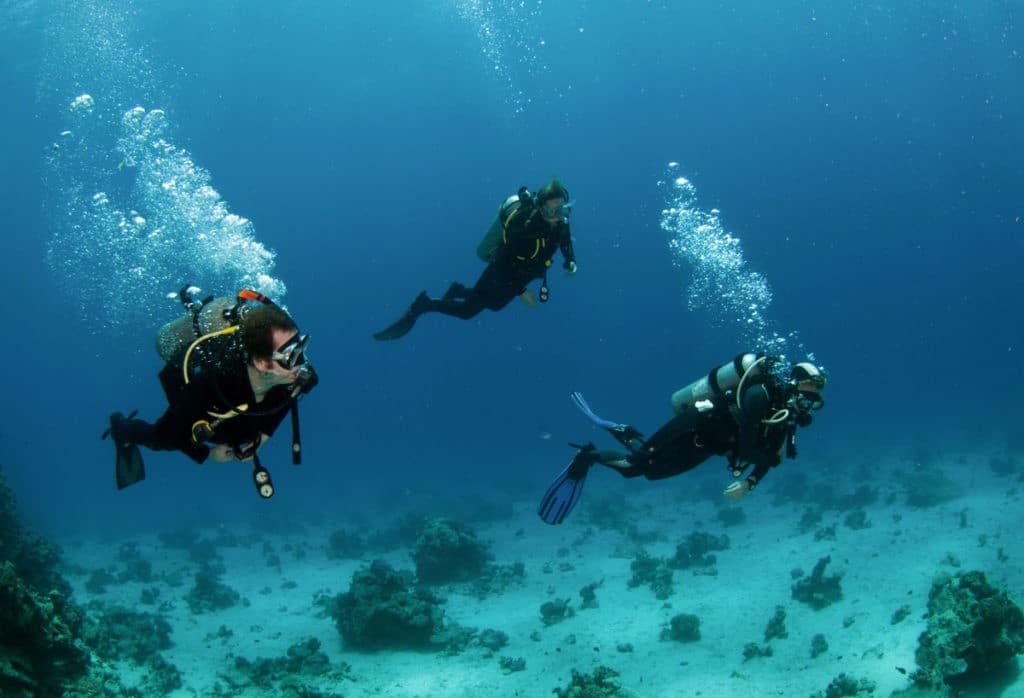
Don’t rush to keep up with them – in or out of the water. Take your time to check your equipment, weight yourself properly and make sure you’re comfortable. Descend slowly, equalise frequently, and stay within your limits. Rushing to keep up with more experienced divers can be dangerous so stay relaxed and in control.
7. Diving beyond training limits
As an extension of the above, some divers are tempted beyond their limits especially in a group of experienced divers. It’s easy to get caught up in the excitement of a new site and think you’ll be fine because others have the necessary experience, but this is a mistake.
Every year, divers who have never taken a wreck or cave class die inside cave systems or in the overhead environment of wrecks. Know your training limits and never stray beyond them.
8. Always diving with the same buddy
On one hand, diving with the same buddy is good practice: you’re both more likely to be relaxed and comfortable, you’ll be aware of each other’s dive styles and will likely stay together underwater.
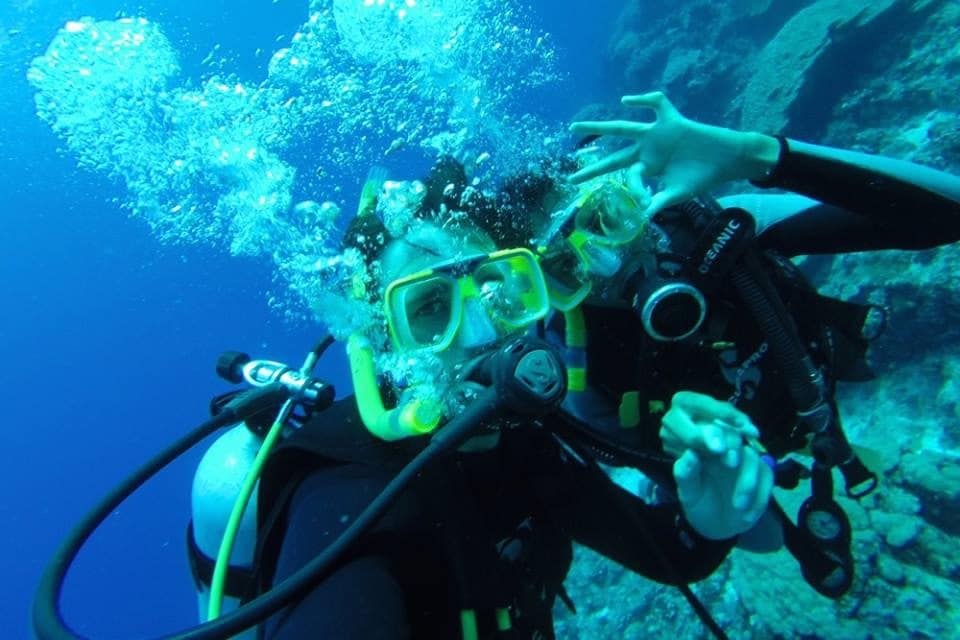
On the other hand, always diving with the same partner can mask weaknesses or reliances that you have as a diver. One of you might be stronger on navigation, the other more mindful about checking gauges. Building up dependencies is not a good idea so try to mix it up on occasion.
9. Not logging dives
It’s easy to get complacent about maintaining your logbook especially when you see diving as an occasionally jolly rather than a serious hobby. This is a mistake.
Recording your dives has a number of benefits. It provides a record of the amount of weight you need with various combinations of gear, it provides proof that you have completed certain types of dives and it allows you to identify areas of improvement. Take your logbook with you on dives and be diligent about recording the details.
10. Not diving!
The most pernicious of diving mistakes is of course not diving enough. Leaving it too long between dives means you will lose touch with your new skills.
Experts advise that you join a local dive club but of course this isn’t always possible. At the very least, try to dive on your holidays abroad, keep up to date with your PADI theory and consider the PADI ReActivate if you haven’t dived in a while.
As any newbie diver knows, there’s nothing quite as wondrous as being underwater. Don’t let that feeling slip away.
